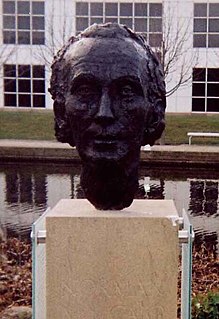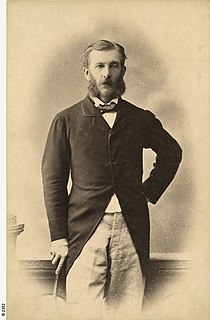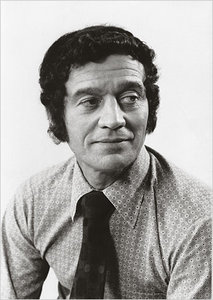A Quote by Norman MacCaig
But you'd have a job to find many of my poems which would seem to be very influenced by a particular person.
Related Quotes
The secret is to find what you love to do.I mean, I tell the students look for the job that you would take if you didn't need a job. I mean, it's that simple. And I was lucky enough to find it very early in life. And then the second thing is to have people around you that make feel good every day, and make you a better person than you otherwise would be.
Oh, I've discarded a great many [poems]. And occasionally I've discarded and then resurrected. I would find a crumpled yellow ball of paper in the wastebasket, in the morning, and open it to see what the hell I'd been up to; and occasionally it was something that needed only a very slight change to be brought off, which I'd missed the day before.
Sex almost always disappoints me in novels. Everything can be said or done now, and that's what I often find: everything, a feeling of generality or dispersal. But in my experience, true sex is so particular, so peculiar to the person who yearns for it. Only he or she, and no one else, would desire so very much that very person under those circumstances. In fiction, I miss that sense of terrific specificity.
Suppose one who had always continued blind be told by his guide that after he has advanced so many steps he shall come to the brink of a precipice, or be stopped by a wall; must not this to him seem very admirable and surprising? He cannot conceive how it is possible for mortals to frame such predictions as these, which to him would seem as strange and unaccountable as prophesy doth to others. Even they who are blessed with the visive faculty may (though familiarity make it less observed) find therein sufficient cause of admiration.







































